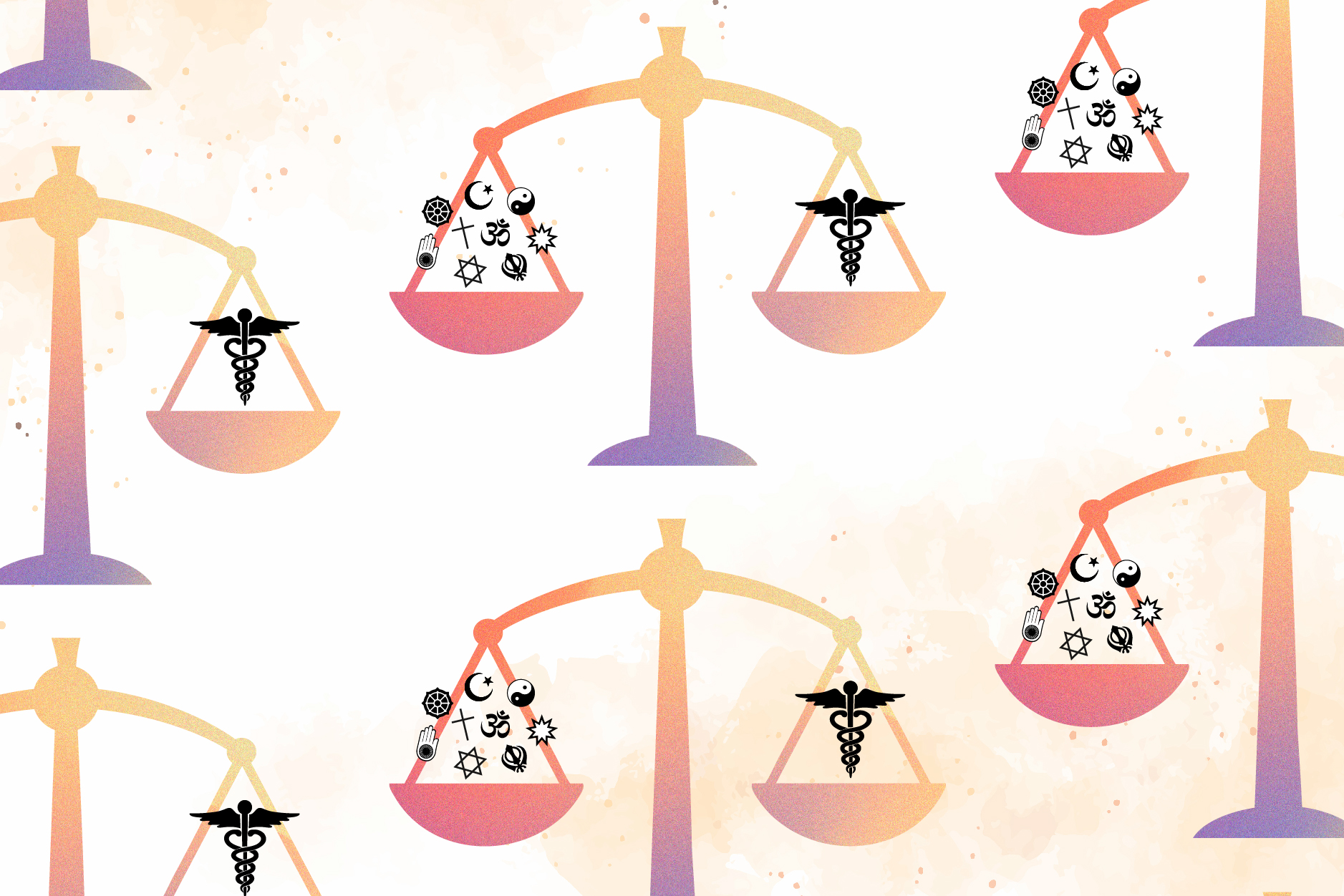Navigating Conscience Objections in Health Care: Introduction
Navigating Conscience Objections in Health Care: Professional Integrity
Navigating Conscience Objections in Health Care: Personal Conscience
Personal Conscience Introspective Questions

- Consider the following questions:
- Do I view this treatment/procedure as potentially harmful to the patient or others?
- YES: it could be a personal conscience or a professional integrity objection.
- Professional integrity: informed by your medical understanding of harm and related ethical responsibility.
- Personal conscience: informed by your deeply held religious and/or moral beliefs.
- NO: it is most likely simply a personal preference.
- YES: it could be a personal conscience or a professional integrity objection.
- Would you experience intense shame or loss of self-respect if you performed the procedure/treatment?
- YES: it is an example of a personal conscience objection. These treatments/procedures violate the provider’s deeply held moral or religious beliefs.
- NO: it is most likely simply a personal preference.
- Does the procedure/treatment in question involve you in a matter of life and death? This includes procedures/treatments like fertility treatments (e.g., IVF) as well as procedures such as abortion and physician-assisted-dying/death with dignity.
- YES: it is either a personal conscience or professional integrity objection.
- Professional integrity: violates your professional ethics,
- Personal conscience: violates deeply held religious/moral beliefs.
- Note: for some providers, there may be considerable overlap between these two causes for objection.
- NO: it is most likely simply a personal preference.
- YES: it is either a personal conscience or professional integrity objection.
- Do I view this treatment/procedure as potentially harmful to the patient or others?
